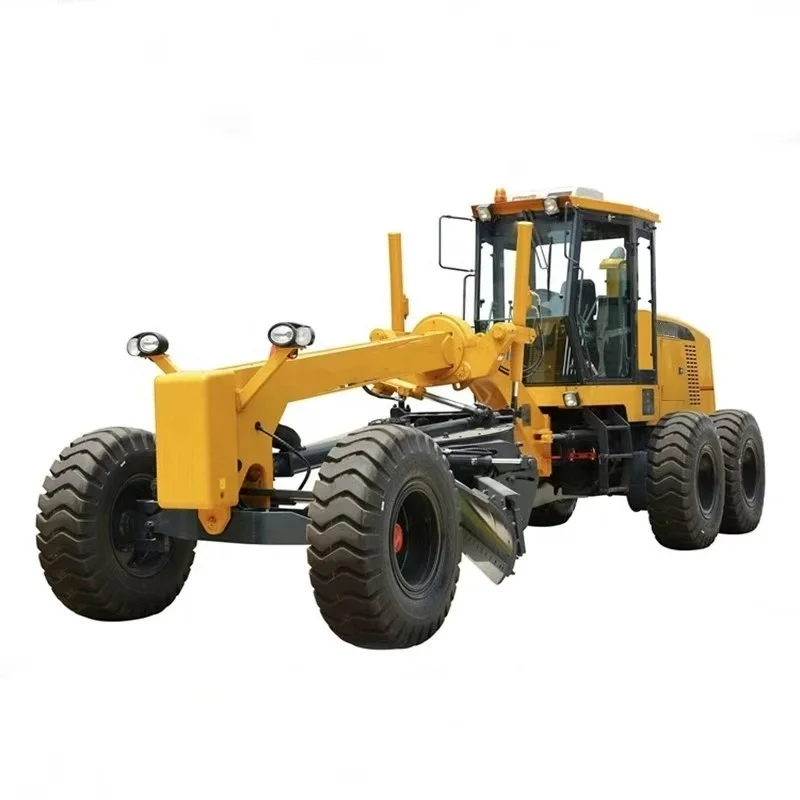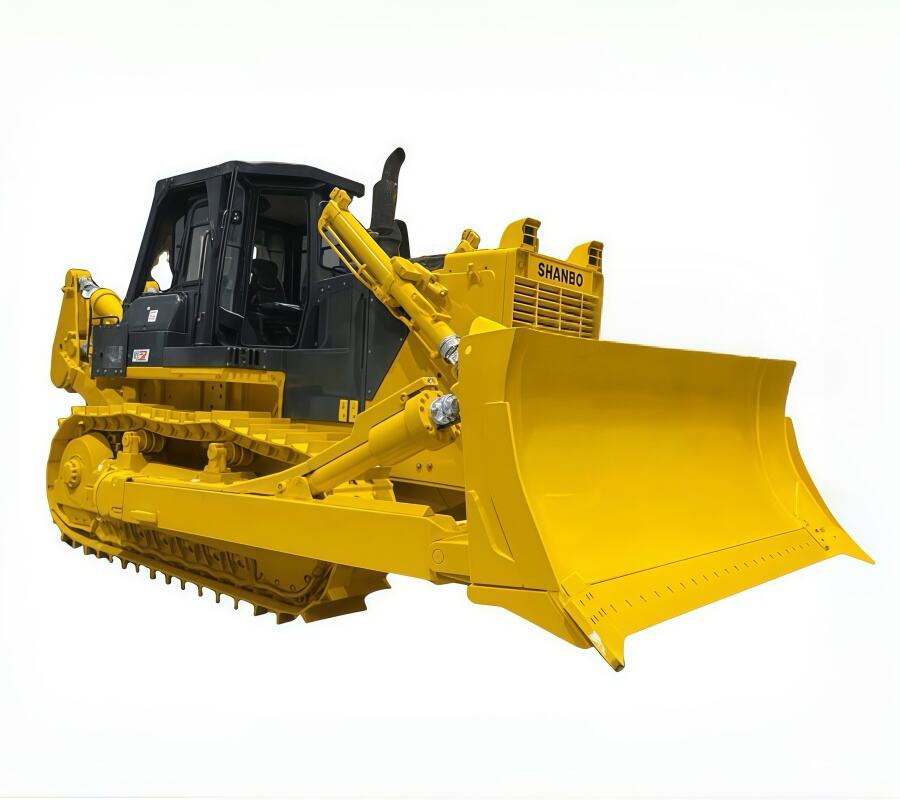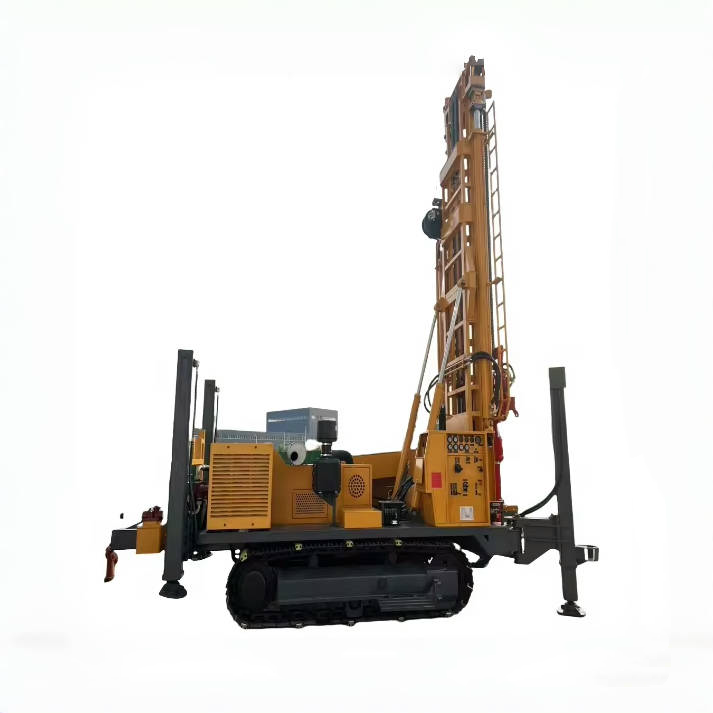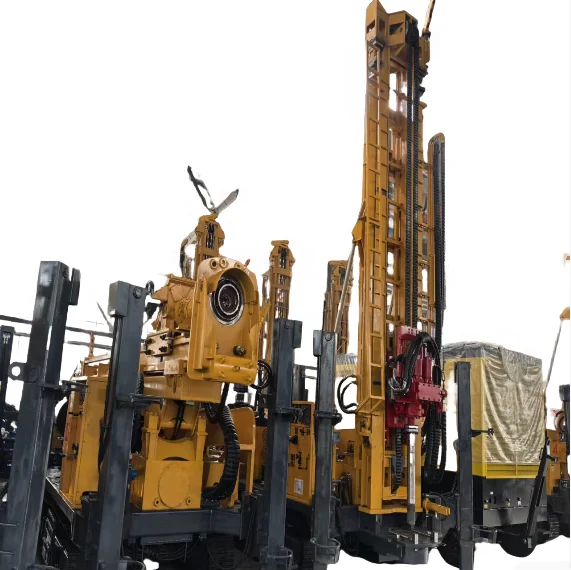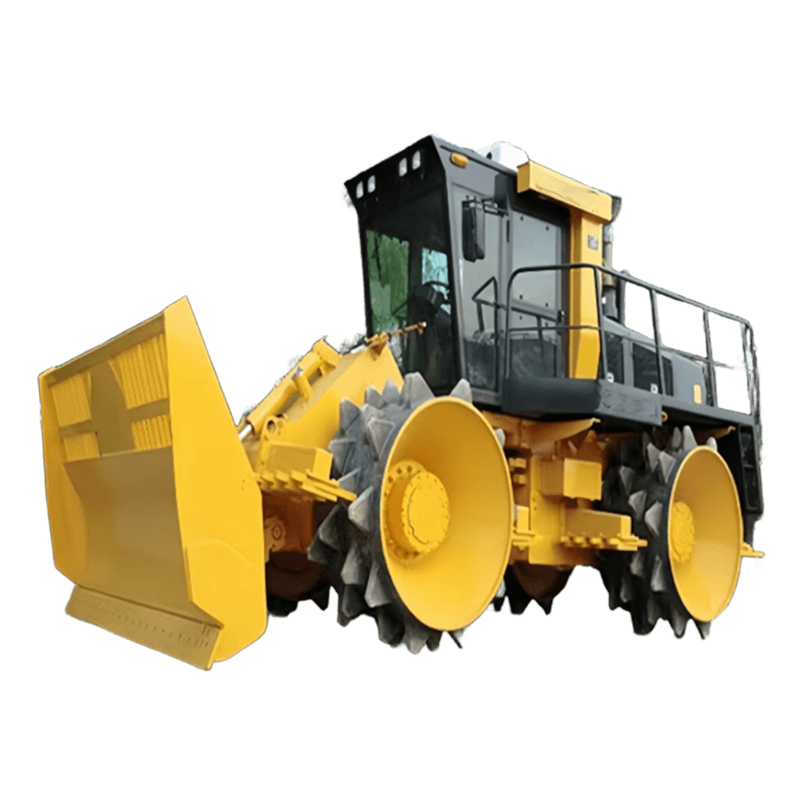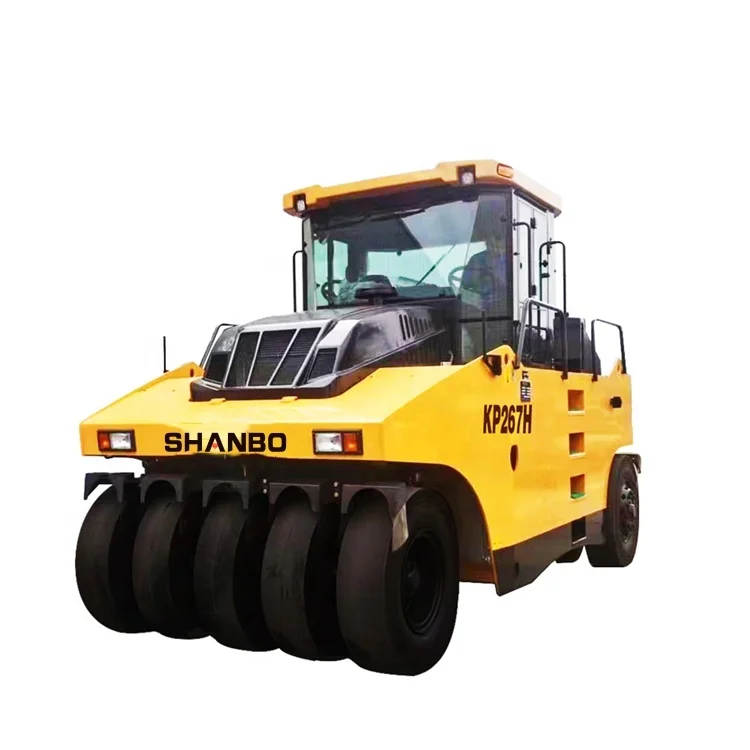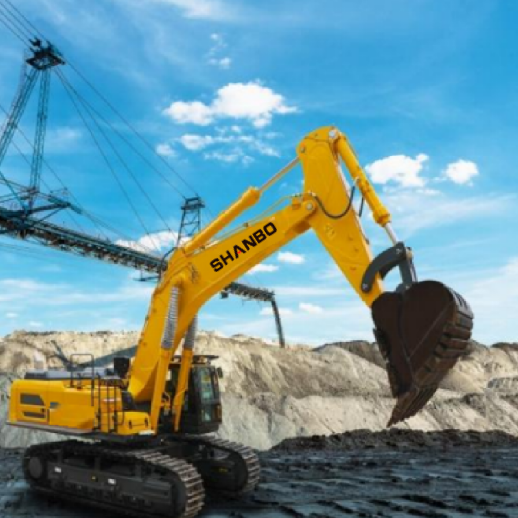Factors to Consider When Selecting a Construction Equipment Supplier
Understanding the Range of Construction Equipment Offered
Key Machinery Types: Bulldozers, Excavators, and Loaders
Understanding the key roles of construction machinery is integral to maximizing efficiency on projects. Bulldozers are commonly used for pushing and clearing soil, debris, and other materials on construction sites, making them indispensable for earthmoving tasks. Bulldozers come in various types, namely crawler and wheeled. Crawler bulldozers offer superior traction and stability, especially on soft or uneven surfaces, while wheeled bulldozers provide better mobility and speed on solid ground.
Excavators, often referred to as diggers, are known for their versatility and can perform various functions such as digging trenches, lifting heavy materials, and even conducting demolition tasks. They are pivotal in many types of construction ranging from residential projects to large-scale infrastructure developments.
Loaders, on the other hand, are crucial for material handling and transportation. They efficiently move soil, rocks, and other heavy materials, aiding in clearing land for construction and effectively managing materials on job sites.
Specialized Equipment for Mining and Drilling Projects
In mining and drilling operations, specialized equipment is essential to meet the project-specific needs. Machinery such as continuous miners and well drilling rigs are specifically designed for efficient excavation and drilling in various geological settings.
Rotary and percussion drillers are exemplary in this regard, as they offer the capability to penetrate different rock types and soil conditions. Technological advancements have significantly enhanced the capabilities of mining drilling machines, enabling more precise and faster operations.
Innovations like automated controls and remote monitoring systems have improved safety and efficiency, transforming how these machines operate in challenging environments. These advancements not only boost productivity but also ensure minimal disruption to natural formations during drilling and extraction processes.
Evaluating Compatibility With Road Rollers & Motor Graders
Evaluating the compatibility of equipment like road rollers and motor graders is a crucial part of project planning. Ensuring these machines are compatible with other equipment is essential for maintaining seamless operations on construction sites. Key considerations include the size and purpose of the equipment, as well as the specific operational settings in which they are used.
Road rollers are vital for compacting asphalt and soil, ensuring solid foundations for roads and other infrastructure. Motor graders are essential for creating level surfaces, making them key in grading tasks. Successful project management often involves effective equipment pairings, like coordinating the use of road rollers with motor graders to achieve high-quality surface levelling.
Assessing Supplier Reputation in Heavy Machinery Markets
Introducing Shanbo Construction Equipment Supplier
When it comes to construction equipment suppliers, Shanbo is a noteworthy name in the industry. Known for its wide range of high-quality bulldozers, excavators, and loaders, Shanbo has established a solid reputation among construction professionals worldwide. Their commitment to innovation and customer satisfaction sets them apart as a reliable partner for any construction or mining project.
Reviewing Client Testimonials for Bulldozer Companies
Client testimonials play a crucial role in evaluating the reputation of bulldozer companies and their offerings. They provide firsthand insights into the quality, reliability, and performance of bulldozers, which can significantly impact a company's reputation. Positive testimonials often highlight attributes such as durability, efficiency, and customer support, helping potential buyers feel more confident in their decision. Conversely, negative testimonials can reveal issues related to maintenance, breakdown frequency, or inadequate customer service, which may deter potential customers.
To find reliable reviews, one can explore industry-specific forums, third-party review websites, and even social media platforms where users might share their personal experiences. Engaging with these resources helps in gathering unbiased opinions, ensuring informed decisions when choosing a bulldozer supplier. Moreover, seeking feedback from experienced professionals within the construction field can further aid in understanding product quality and supplier reliability.
Industry Certifications for Mining Drilling Machine Suppliers
Industry certifications such as ISO and CE are paramount for suppliers of mining drilling machines as they guarantee adherence to rigorous safety and performance standards. These certifications demonstrate a commitment to quality and conformity with international regulatory requirements. For instance, ISO certifications ensure that machinery is produced following systematic quality management protocols, enhancing reliability and safety.
The importance of such certifications cannot be overstated, especially in mining, where safety is non-negotiable. Certified suppliers reassure buyers about the product's credibility and the supplier’s dedication to maintaining high standards. When purchasing mining drilling machines, verifying these certifications can help buyers avoid potential operational risks and ensure efficient functionality in diverse geological conditions.
After-Sales Support and Maintenance Services
Warranty Coverage for Excavators and Diggers
Warranty coverage for excavators and diggers is a crucial consideration for buyers, ensuring protection against unexpected defects. Common warranty terms for these machines typically range from one to two years, covering parts and labor costs associated with manufacturing faults. This often includes major components such as engines, hydraulic systems, and drive parts.
However, the specifics can vary among suppliers, making it essential for buyers to scrutinize warranty documents. Understanding warranty terms helps avoid future financial surprises and ensures that the equipment maintains its value. I always advise checking the fine print, particularly the conditions and exclusions that could affect coverage.
Availability of Replacement Parts for Well Drilling Rigs
Having reliable access to replacement parts for well drilling rigs is vital to maintaining operational efficiency. In the event of a breakdown, the availability of specific parts determines how quickly repairs can be made and operations can resume. Downtime caused by a lack of essential components can lead to significant project delays and increased costs, directly impacting overall productivity.
Trusted suppliers such as Shanbo, known for their comprehensive inventory, play an indispensable role in the supply chain by ensuring continuous availability of critical parts. These suppliers are often equipped with strong after-sales services that include quick dispatch of replacement components, minimizing disruption and enhancing operational resilience.
Pricing Structures and Financing Options
Understanding Excavator Price Variations
The cost of excavators can vary significantly, and several factors influence their pricing. Firstly, the brand plays a crucial role, as well-established, reputable brands like Shanbo often command higher prices due to their reliability and advanced technology. Secondly, the specifications, including the size, weight capacity, and engine power, directly impact the price. Another consideration is market trends, where the demand for specific features or models can drive up prices.
To provide context, buyers can expect to spend anywhere from $50,000 for compact models to over $500,000 for high-end heavy-duty excavators. However, these figures can fluctuate based on the factors mentioned. Additionally, the condition of the excavator—whether it's new or used—is another significant determinant of price. New excavators offer the latest features and warranty coverage but come at a premium cost, while used ones are more affordable but may have hidden wear and tear.
Leasing Programs for Road Construction Equipment
Leasing road construction equipment offers several benefits over purchasing outright. One of the primary advantages is that it provides access to high-quality machinery without the substantial initial investment, freeing up capital for other critical business needs. Leasing also allows for easy upgrades to the latest models, ensuring operational efficiency and competitive advantage. Companies can maintain financial flexibility as leasing often includes predictable monthly payments, aiding better budget management.
Common lease terms typically range from 12 to 60 months, depending on the equipment type and the leasing company. Terms also consider usage restrictions, cancellation fees, and the possible option to purchase at the end of the term. Leasing impacts both cash flow and equipment access positively, but it's crucial to scrutinize the fine print and understand the financing structures thoroughly to ensure it aligns with business goals.
Equipment Availability and Project Timeline Alignment
Lead Times for Customized Motor Graders
Understanding the lead times for customized motor graders is crucial for effective project planning. Typically, the lead times can vary based on several factors such as the complexity of the custom specifications, production schedules, and the manufacturer's capacity. It is common for lead times to range from several weeks to a few months.
Factors that influence these timelines include the manufacturer's workload, the specifics of the customization, and the availability of parts. Therefore, it is essential to collaborate closely with manufacturers and keep abreast of these timelines to ensure successful project planning and execution.
To mitigate delays associated with equipment lead times, strategic project planning is essential. Effective communication with manufacturers about production schedules and potential bottlenecks can help project managers anticipate delays and adjust timelines accordingly. Planning in advance allows for flexibility in the event of unforeseen circumstances.
Emergency Rental Solutions for Loader Breakdowns
Renting loaders in emergencies necessitates a clear understanding of the rental process and the key considerations involved. In urgent situations, project managers should swiftly establish contact with reliable rental suppliers and assess the availability and compatibility of loaders.
Critical factors include the loader's specifications, rental terms, and rental duration, ensuring the equipment meets the project's specific needs. Prompt and efficient communication with the rental provider is vital to securing the necessary machinery to address immediate requirements.
Having a dependable rental supplier is crucial for managing urgent needs effectively. These suppliers offer a lifeline by providing quick access to equipment, minimizing downtime, and restoring project timelines. A reliable supplier should have a broad inventory, competitive pricing, and clear rental terms to ensure a seamless rental experience. Building a strong relationship with a trustworthy rental supplier can significantly enhance operational efficiency and reduce the impact of equipment breakdowns on project progress.
Prompt rental services are integral to maintaining project timelines when unexpected loader breakdowns occur. For example, when a loader ceases operation due to a mechanical failure, a reliable rental supplier can swiftly deliver a replacement, preventing costly delays.
By swiftly restoring equipment availability, rental services ensure projects continue uninterrupted, safeguarding productivity and adhering to set deadlines. This emphasizes the necessity of maintaining robust networks with reputable rental companies for emergency situations.
Technical Expertise and Operational Training
Operator Certification Programs for Mining Equipment
Operator certification programs are crucial for administering safe and efficient operations of mining equipment. These programs ensure that operators possess the skills and knowledge necessary to handle machines like excavators or bulldozers effectively. By continually updating their certifications through ongoing training, operators stay ahead of technological advancements, thereby enhancing workplace safety and operational efficiency. Moreover, investing in these programs is not just about meeting safety regulations; it's also about empowering operators with the latest operational techniques and safety protocols.
On-Site Support for Well Drilling Rig Installations
On-site support is vital during the installation of well drilling rigs, ensuring proper setup and operational readiness. This support typically includes a comprehensive package with staff training, equipment troubleshooting, and real-time problem-solving.
Companies like Shanbo are renowned for their exemplary on-site support services, often offering tailored solutions that cater to the specific requirements of each project. Moreover, having expert technicians on-site during installation reduces downtime and potential errors, effectively enhancing the overall productivity of mining drilling machines. This approach ensures that the equipment is not only installed correctly but is also operated and maintained at optimal levels, which is crucial given the complexity and scale of well drilling operations.
Compliance With Safety and Environmental Standards
Emission Regulations for Modern Excavators
Modern excavators must adhere to stringent emission regulations to minimize their environmental impact. These regulations, such as the European Stage V and the U.S. EPA Tier 4 standards, aim to reduce the emission of harmful pollutants like nitrogen oxides and particulate matter.
Compliance with these standards is crucial for promoting environmental sustainability and ensuring the long-term viability of excavation operations. Failure to adhere to these regulations can lead to significant legal liabilities and operational disruptions. Non-compliance might result in hefty fines, restrictions on machine usage, and tarnished reputations. Thus, staying updated on these evolving standards is imperative for any excavation business.
Safety Protocols for Bulldozer Operations
Safety protocols are fundamental when operating bulldozers, as they mitigate risks and ensure the machinery's longevity. Operators must strictly adhere to guidelines, including wearing personal protective equipment (PPE), conducting pre-operation inspections, and maintaining a safe distance from other equipment and workers. Violating these protocols can lead to severe accidents, costly equipment damage, and even fatalities.
Industry experts emphasize the importance of comprehensive safety training programs to enhance operator competency. Effective training not only addresses potential hazards but also fosters a culture of safety and awareness. By investing in such programs, companies can significantly reduce the likelihood of incidents while promoting a more secure work environment.
Conclusion
In conclusion, the heavy machinery industry is experiencing significant shifts driven by technological innovation, regulatory changes, and evolving market demands. As industries like construction and mining increasingly rely on sophisticated equipment such as bulldozers and excavators, it becomes crucial to focus on both efficiency and compliance.
Adhering to strict safety protocols and emission regulations not only ensures operational efficiency but also safeguards the environment and enhances legal standing. Moving forward, the integration of advanced technologies and continuous training will be key to navigating these complexities effectively, ensuring sustainable and profitable operations in the sector.
Recommended Products
 Hot News
Hot News
-
“Water Savior” 200 m Reverse Circulation Water Well Drills Arrive in Uzbekistan
2025-03-28
-
What Is a Bulldozer? Everything You Need to Know
2025-02-18
-
How to Operate a Bulldozer in Different Terrain Types
2025-04-24
-
How Much Does a Bulldozer Weigh and How Does It Affect Performance
2025-04-23
-
Factors to Consider When Selecting a Construction Equipment Supplier
2025-04-22
-
What Are the Most Commonly Replaced Bulldozer Parts
2025-04-21
